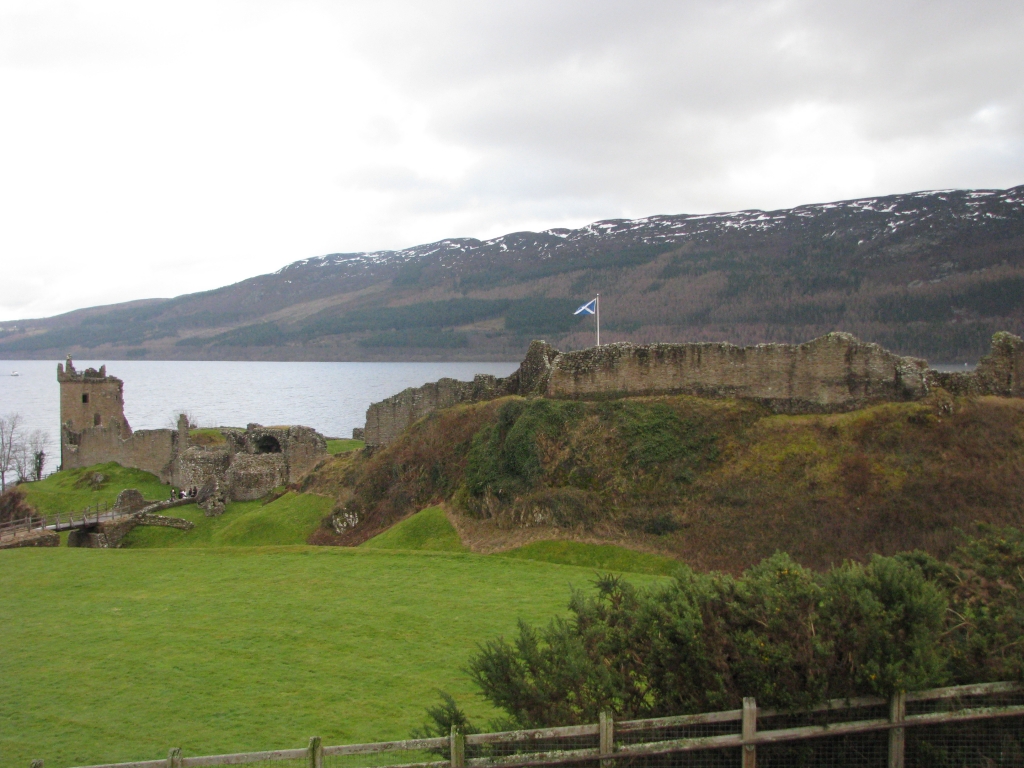
Scotland – Travel Culture
It’s always good to have an idea about what to expect when you travel to a foreign country. Information about the language they speak, what kind of tipping policies are customary and whether your plugs will work in their sockets. This is the type of knowledge that we are providing in this section of our blog and this week it’s for the country of Scotland.
One of the nice things about traveling to the countries of the UK, including Scotland, is that the primary language used is English. Scotland also uses Gaelic and Scots, so there are terms that may be unfamiliar, but for the most part you will understand what the signs say and what folks are talking about. However, DON’T confuse Scotland with Wales or England, they ARE separate countries and have unique customs and heritages of which they are proud.
As an American, we are sometimes confused by the difference between England, Great Britain and the United Kingdom. Are they all the same thing?? No, they are not. England is a country that along with Scotland, Wales and Northern Ireland makes up the United Kingdom. Great Britain is the name of the island that is host to England, Scotland and Wales. Great trivia to know! The governments of these countries and the United Kingdom are a bit more complex and not something we’re going to discuss except to say that the United Kingdom is recognized as the power house for its countries.
The electricity in Scotland is 220-240 Volts, which is different from the US. The plug style is also different, so when you travel you will need both a converter AND an adapter. A converter is used to drop the voltage from 240 Volts to 110 Volts, which is what our American appliances are rated for. An adapter is used to change the plug style from the American two flat, one round to three flat plug outlets. Be aware that many current electronics’ plugs and chargers are rated for 100 to 240 volts, meaning you wouldn’t need the converter. Check your plugs, it will be written on them. Also, make sure that whatever converter you are using is rated for the wattage of the appliance you are plugging in….ie hair dryer, curlers, irons are all high wattage appliances that need a converter rated for high wattage.
The currency of Scotland is the British Pound (GBP), which is currently exchanging at 1.49 GBP=$1 . That means your purchases will cost you more in Scotland, as well as your
accommodations and your transportation. You get your best rate of exchange using credit cards for purchases in the LOCAL CURRENCY that charge no extra currency exchange fees or using your debit card to withdraw local currency from an ATM. REMEMBER to contact your credit and debit card companies before you travel to let them know you’ll be using the card abroad and be sure to ask if they charge any additional fees for use internationally.
Tipping in Scotland is simple, generally a 10% rule for taxis and restaurants, assuming no tip is automatically included in the bill. Porters and hotel maids also appreciate a small tip for their service and tour guides and bus drivers would expect 3-5 GBP and 1-3 GBP respectively per person per day for their services. Pub tenders don’t expect a tip, unless food is served at the table. All of these are also earned on merit, so if someone provides excellent service, tip away and if someone is rude, walk away!
The weather in Scotland is nothing if not changeable! Similar to England, it is often damp but mild. In the higher elevations they can get snow in the winter and the wind does sometimes whip away. The best suggestion for packing for a trip to Scotland is layers, a good sturdy pair of waterproof shoes and a “slicker” with a hood. Being prepared is the best way to enjoy the beauty of the country.
Start planning your effortless European escape
Connect with me on a complimentary consultation call to get started — so I can make your European travel dreams come true, with absolute ease:
